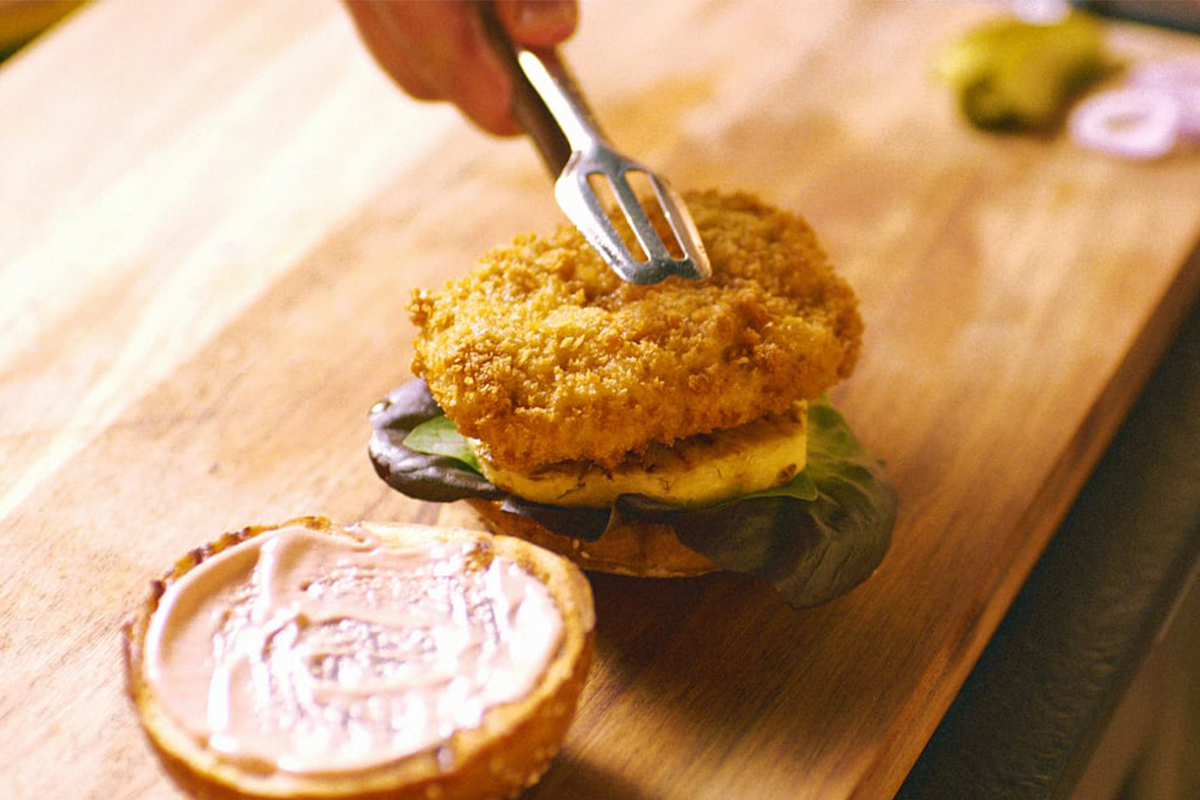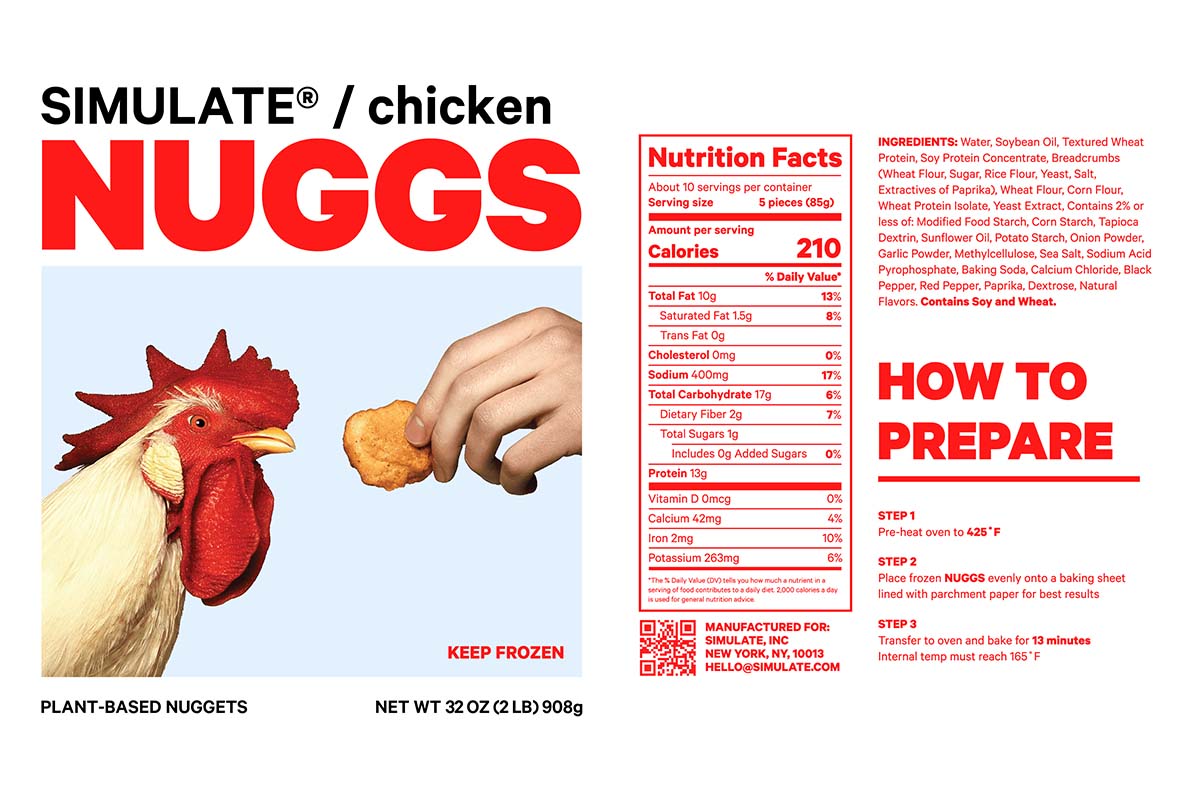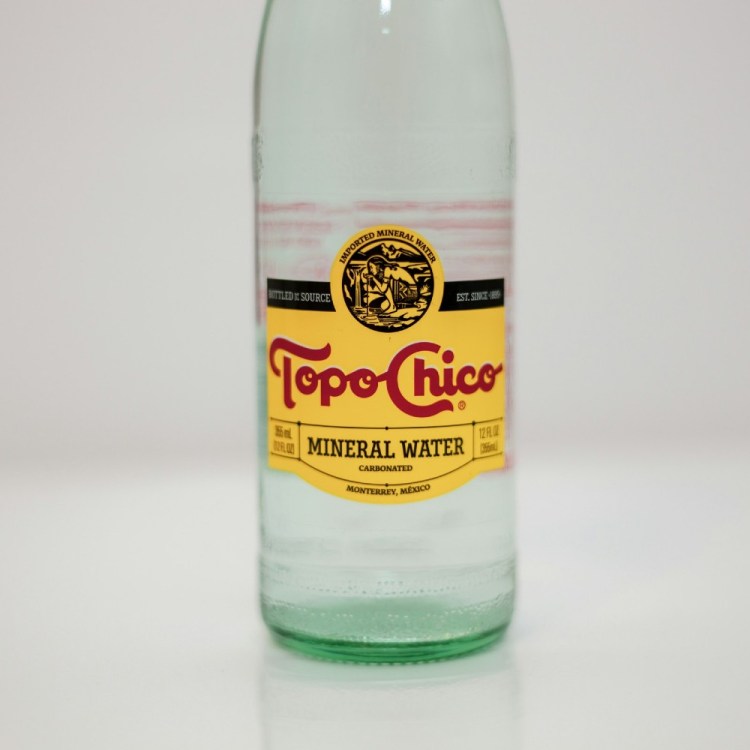“Cellular agriculture.”
Add that phrase to your vocabulary, because you’re going to be hearing it a lot over the next decade. It refers to a process by which meat is grown in a bioreactor using animal-specific cells. For many vegetarians and vegans who long for the taste of meat — not to mention the growing “flexitarian” demographic — plant-based products from Beyond or Impossible Foods aren’t the endgame. The tricky assignment of harvesting meat, without harming any animals, is the ultimate prize.
And one company, Tel Aviv’s SuperMeat, is now the world’s first to serve so-called “cultured meat” to a commercial public.
The main dish on the menu at SuperMeat’s first restaurant, The Chicken, is a fried chicken burger served on a brioche bun with condiments and toppings. SuperMeat harvests its meat with the help of avian stem cells, which “possess the innate ability to multiply indefinitely.” That process doesn’t include a single real chicken. The scientists source existing technological apparatuses from pharmaceutical companies to turn those cells into hundreds of pounds of SuperMeat chicken each week.
At The Chicken, visitors don’t currently have to pay for the meal. This is simply a testing phase for the Israeli company. And so far, reviews are positive. Its five-year plan involves securing regulatory approval, launching officially in restaurants, building massive plants, and lowering costs in order to compete with the traditional meat industry.
Watch this space. By 2030, we could all be accustomed to eating cultured meat. The taste will be up to snuff (especially if they continue frying everything), but more importantly, it could be a game-changer for the environment. Poultry has a devastating environmental footprint, and billions of chickens live short, horrifying lives in cages. This is the first step towards changing that.
Every Thursday, our resident experts see to it that you’re up to date on the latest from the world of drinks. Trend reports, bottle reviews, cocktail recipes and more. Sign up for THE SPILL now.


















